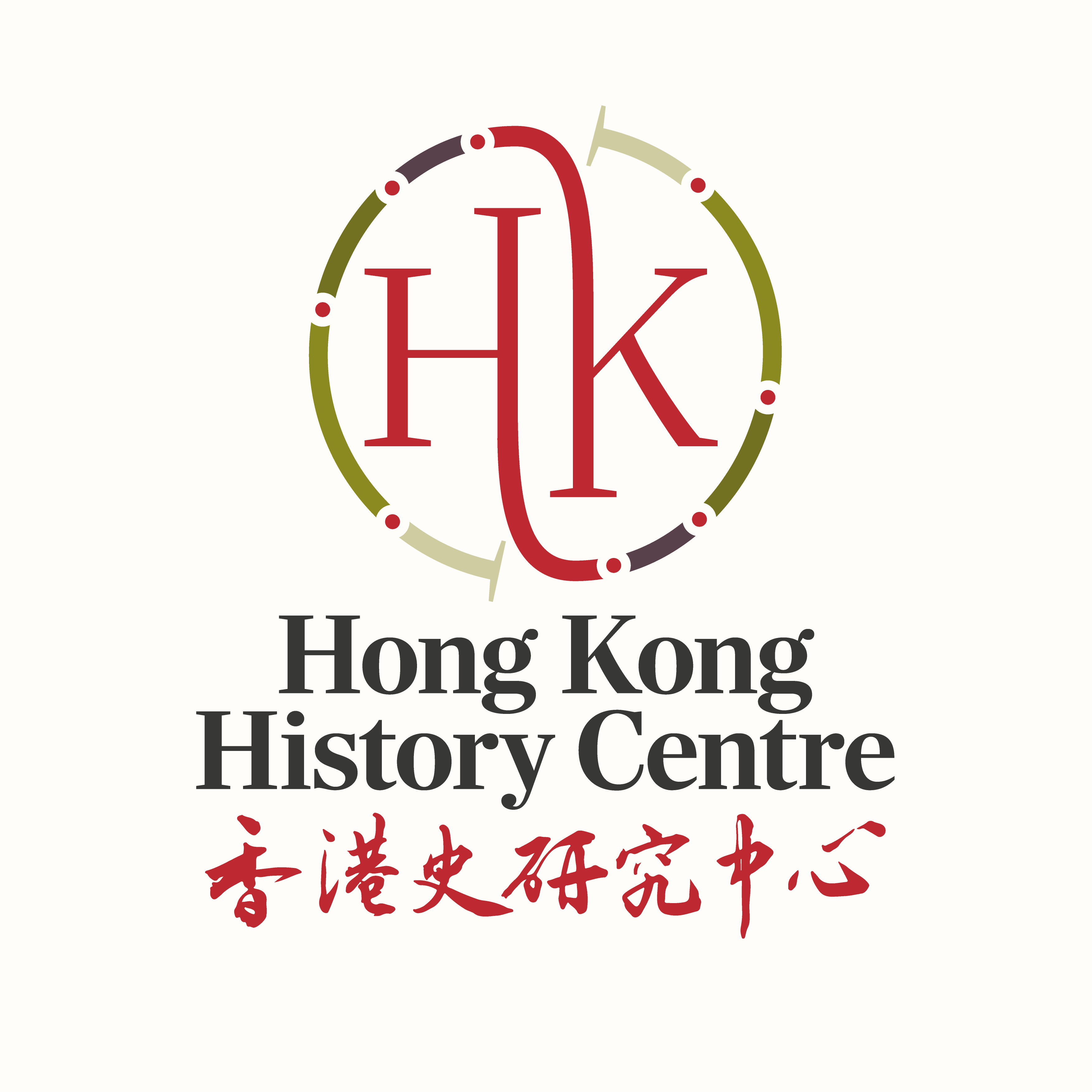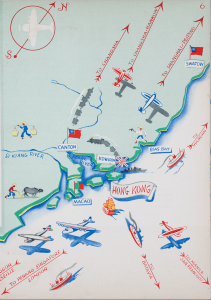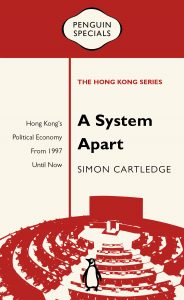Showing 1-8 of 8 items

We are excited to announce that registration for our '“All Roads Lead to Hong Kong”: People, City, Empires' conference is now open here. The conference will take place at the University of Hong Kong on 6-7 June. We welcome any colleagues, students, and members of the public who are interested in Hong Kong history to join us at the conference. Conference fees for non-speakers are £50 for both days, or £25

Call for Papers Hong Kong History Project Post-Graduate Workshop University of Bristol, January 2019 ‘Hong Kong and Beyond: Mapping the City’s Networks’ The Hong Kong History Project at the University of Bristol is pleased to announce its third Postgraduate Workshop, which will take place on January 14-15, 2019, and which provides an opportunity to network and the share ideas. We welcome proposals for participation from postgraduate students and early career

“All Roads Lead to Hong Kong": People, City, Empires Hong Kong History Project Conference 6-7 June 2019, University of Hong Kong Keynote speaker: Henry Yu, Associate Professor, Department of History, University of British Columbia [caption id="attachment_429" align="aligncenter" width="324"] Ellen Thorbecke, Hong Kong (Shanghai: Kelly & Walsh, 1938).[/caption] Under the auspices of the ‘Hong Kong History Project’, the Departments of History at the University of Bristol and the University of Hong

'A System Apart? Hong Kong's Political Economy from 1997' by Simon Cartledge 1 February 2018, 6-7 pm Venue: LT2, Arts Complex, University of Bristol Since 1997, Hong Kong's economic growth rate has dropped sharply, inequality has increased, and corruption has found its way to the highest levels of government. These changes can in good part be attributed to the city's 'pro-business' constitution, which has held back change and led to

Call for Papers Challenges in the study of Hong Kong History: Postgraduate Workshop at the University of Bristol, January 2018 The Hong Kong History Project at the University of Bristol is pleased to announce that the second Postgraduate Workshop will take place on January 11-12, 2018. The workshop welcomes postgraduate students and early career scholars working on Hong Kong history and related disciplines in the UK and overseas, and provides

Workshop: The History of Press Freedom in Hong Kong, Britain and the Empire/Commonwealth University of Bristol | 20 June 2016 Venue: Room G77A, Arts Complex (enter at 3/5 Woodland Road), University of Bristol 9.30am-11am – Session 1: Martin Hewitt, University of Huddersfield – Press Freedom and Regulation in C19th Britain Simon Potter, UoB – Press Freedom and Regulation in the British Empire and Commonwealth 11am-11.30am - Coffee 11.30am-1pm – Session 2: Su Lin

The University of Hong Kong's History Department has released the following call for papers: Spring Symposium Open to History Research Postgraduate Students Hosted by the Department of History, University of Hong Kong Thursday 5 May 2016 Call for Papers The Department of History at the University of Hong Kong is pleased to announce its eighth Spring Symposium. This symposium provides an opportunity for research postgraduates working on Asian history at

By Vaudine England The Hong Kong History Project, born in January 2015, has earmarked PhD funding and support to a young student from Hong Kong, Vivian Kong Wai-yan, who will take up her researches into the pre-war British community of Hong Kong under Professor Robert Bickers in the autumn. The Project also hosted its first international workshop - a one-day gathering of a wide range of bright sparks, keen on